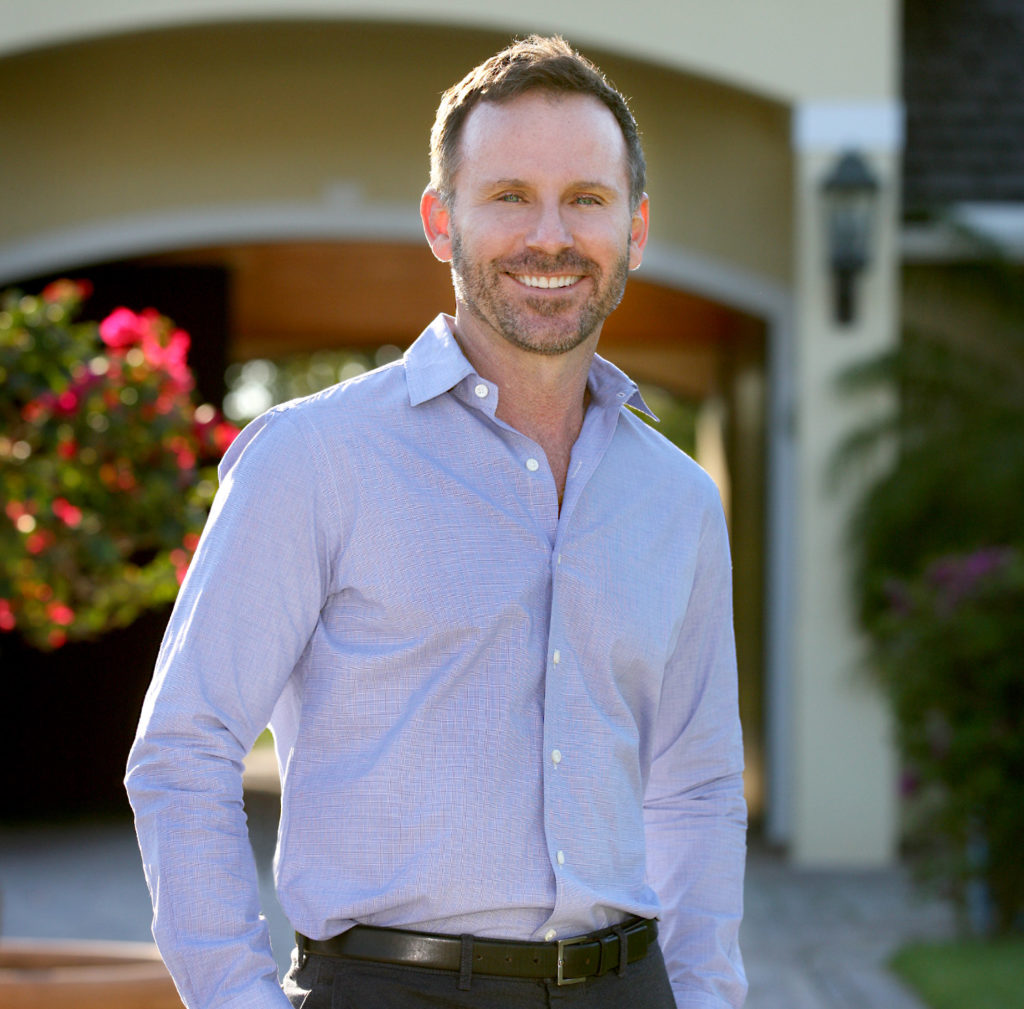
Robert Ross was 30 when he and his future husband, Robert Dover, and a group of friends, founded the Equestrian AIDS Foundation. Twenty-five years later, Ross remains an active member of the now-named Equestrian Aid Foundation (EAF) board. Photo: Isabel Kurek
Within the equestrian world, there are so many good causes to champion. Why are you committed to the Equestrian Aid Foundation?
EAF is the only organization I know that helps fellow equestrians in dire need in the variety of ways that we do. From medical crises to major disasters, we’re there. I’ve seen firsthand over 25 years how many people have been helped, so I plan on being involved for as long as there is need.
When you look back 25 years, did you have any indication that you were creating a movement that would still be serving the equestrian community a quarter of a century later?
Not at all. I thought we would only be in existence to help equestrians with HIV/AIDS, and it would end when the need wasn’t there anymore. But that all changed when we expanded our mission to help equestrians struggling with any catastrophic illness or injury. We became the Equestrian Aid Foundation.
What are you most proud of?
We’ve been able to adapt each time we’ve come to a crossroads—from expanding our mission, to starting the Disaster Relief Fund, to our COVID emergency programs.
What have been some of the biggest challenges EAF has faced over the years?
Funding, for sure. I remember being at the Athens Olympics to watch my husband compete and receiving word that we’d have to cut funding to all our applicants in 60 days if we didn’t raise more money right away. We made a few frenzied calls to the States, and within 48 hours, we planned a benefit for the Hampton Classic the following week.
When you reflect upon EAF’s trajectory, are there things that remain constant despite the decade?
Yes—the equestrian community is incredibly philanthropic. Whenever there is a need, they are there to help fill it. Also, even though the EAF board members have changed over the years, people just remain close to the organization. EAF has brought together great people.
What are your hopes for EAF’s future?
We were in our early 20s and 30s when we started the foundation. My hope is that the next generation will keep EAF going—and adapting—to confront whatever needs exist within our community.
